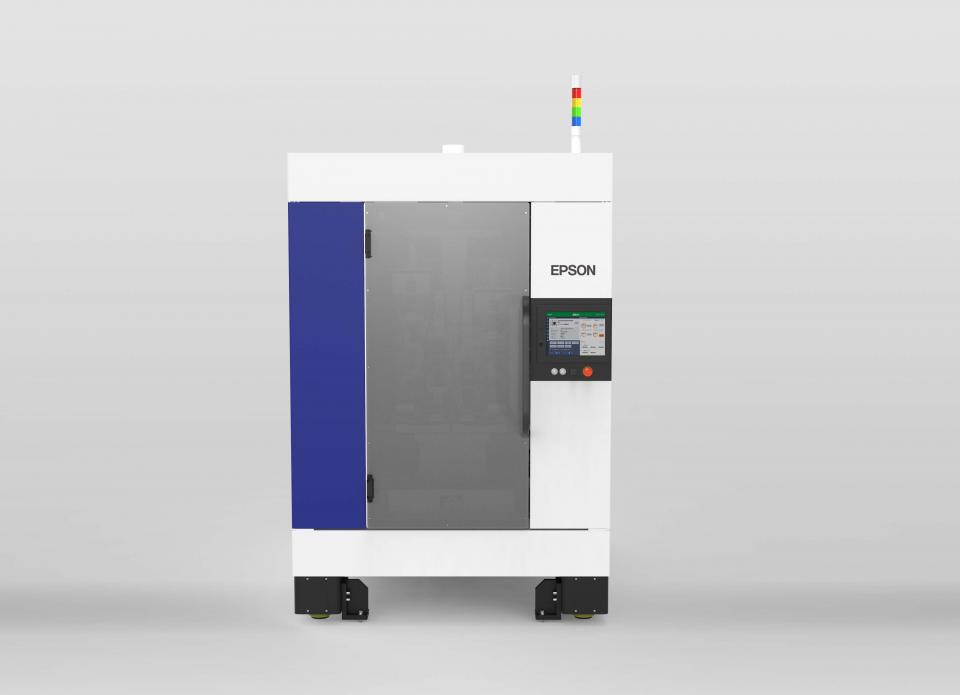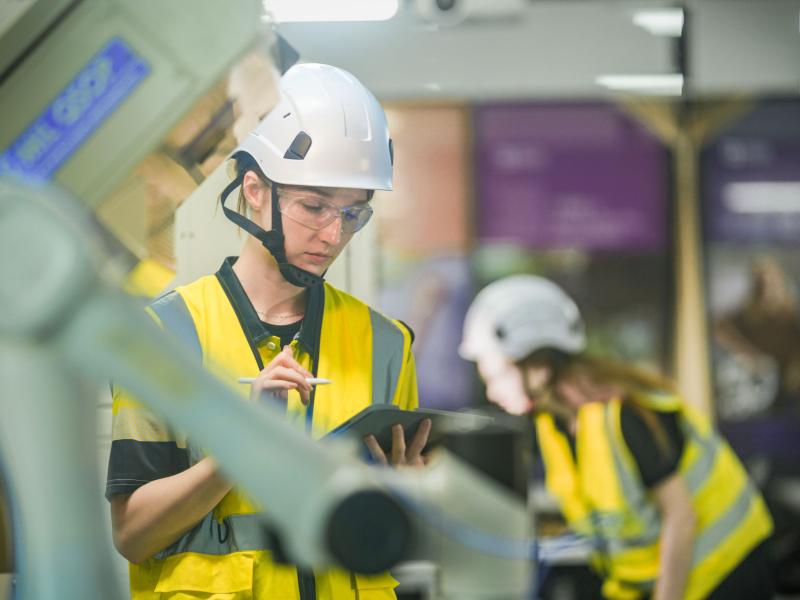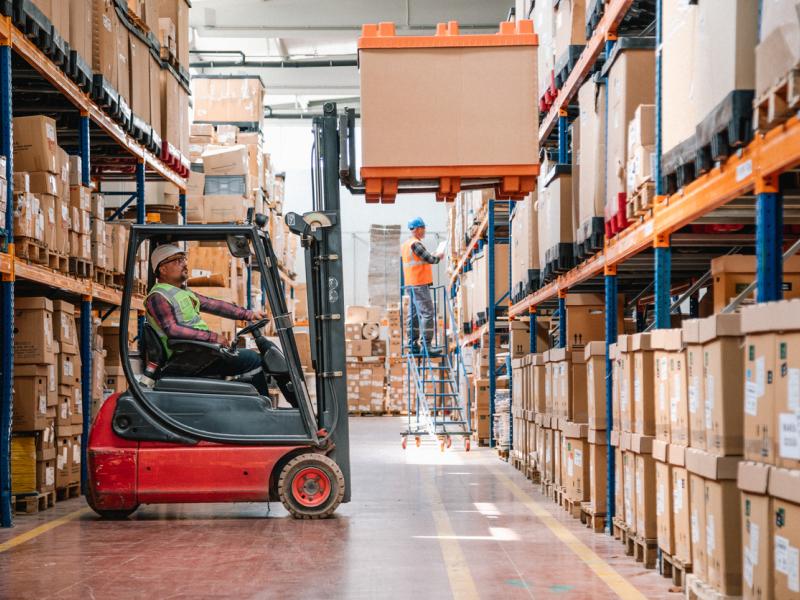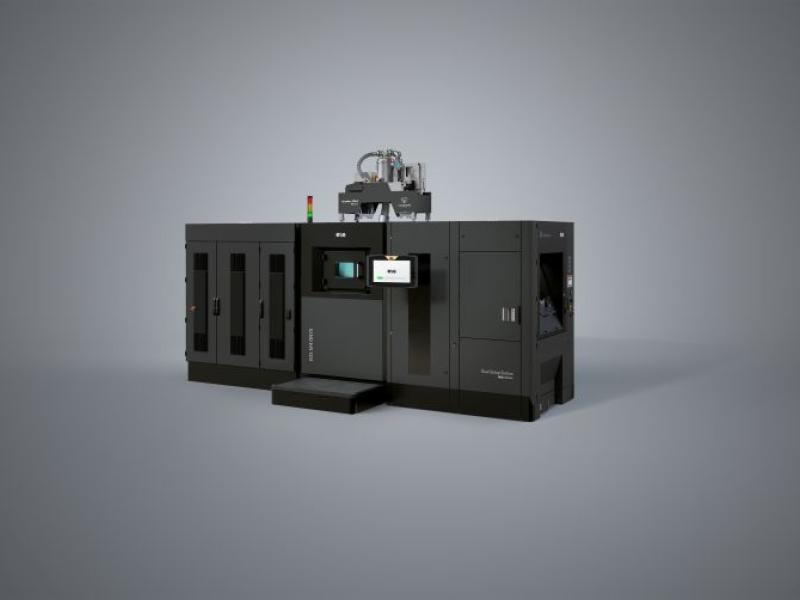Epson has developed an industrial 3D printer that can use commonly available third-party materials to produce strong, accurate industrial parts of various sizes and functions. 3D printers with these features will have uses in a far wider range of applications, including in the production of parts for final products, and will enable users to mass-customise their goods in support of small-batch production.
3D printers can be used to fabricate a wide variety of goods in small quantities in a short period of time. Manufacturers have responded to this promise by accelerating the development and launch of 3D printers for the industrial market, which is expected to expand rapidly in the future. However, conventional industrial 3D printers require the use of special modelling materials. Moreover, they are not well-suited to the production of objects that offer both strength and accuracy, so their use in industrial parts for final products has been limited.
Epson’s newly developed 3D printer employs a unique material extrusion method that is achieved using a flat screw (an inline screw with a flattened configuration) like that found in Epson’s precision injection molding machines. This extrusion method enables the printer to be used with a variety of common third-party materials, such as resin or metal pellets, which are generally available at lower cost than other materials, environmentally considerate biomass pellets, and PEEK materials, which can provide high heat resistance.
In addition, the amount of material injected is precisely controlled by regulating the pressure within the head and by regulating the action of a valve in concert with the modelling speed. The temperature at the surface of a piece being printed must also be controlled in order to obtain the required strength.
Epson employs a unique mechanism to precisely control this temperature and achieve both strength and accuracy. This 3D printer is thus engineered to manufacture strong, accurate objects with commonly available materials, facilitating printer use in the production of industrial parts for final products. It is ideally suited to mass customisation, as it can produce small batches of parts tailored to customers’ needs with higher quality, shorter lead times, and at a fraction of the cost of traditional manufacturing processes.
Epson is aiming to commercialise the printer after first making needed refinements while utilising it internally to volume-produce certain parts for commercial and industrial equipment.
This 3D printer will be shown in the Epson booth at International Robot Exhibition 2022, which opens on March 9th at Tokyo Big Sight.
In addition to industrial 3D printers, Epson seeks to innovate manufacturing by co-creating flexible, high-throughput production systems that reduce environmental impacts.






